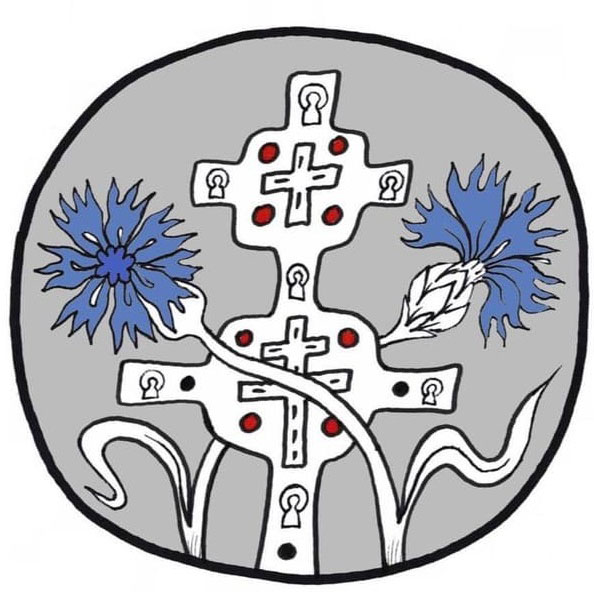A Monitoring of the Persecution in Belarus of People on Religious Grounds During the Political Crisis

This Monitoring includes the cases of faith-related persecution that took place during and as the result of the political crisis in Belarus in 2020-21. This crisis followed silencing political opponents, election fraud and ruthless suppression of protests. It also includes cases of persecution of clergy and prominent public Christian figures even if such persecution was not carried out in relation to specific religious activities like praying, preaching, volunteering, making public statements, conducting religious rites. It also includes cases of persecution within religious communities as a result of expressing an opinion about the political crisis.
Contents:
Persecution within religious organisations
Administrative persecution and government pressure
Persecution of faith communities and organisations related to religion or Church
Violations of freedom of religion or belief in prisons and detention centres
Torture, degrading or inhuman treatment
Persecution within religious organisations
In early August 2020, Artsem Kushner, Head of the Pilgrimage Department of the Babrujsk Diocese of the Belarusian Orthodox Church, was forced to resign by the diocesan administration. This followed the publication of a photo of Kushner wearing a white bracelet — a symbol of free and fair elections — on his Instagram. To register as an official observer at the presidential elections, Kushner collected signatures as required by law. At the polling station, he identified himself as an independent observer by wearing the white bracelet.
On 8 August 2020, on the eve of the main election day, a poster reading “Orthodox Christians are against falsifications, and against humiliating and oppressing people» was distributed on social networks among Orthodox Christians as a spontaneous flashmob. The poster’s authors were Deacon Dzmitry Pavlioukevich and Fr Alexander Kukhta. Subsequently, some priests and church workers who posted the message on their personal social network accounts were forced to disassociate themselves from the campaign. Those requests came both from church authorities (by phone) and from various government agencies. The authorities of one of the Orthodox dioceses requested Elena Mikhalenko, the editor-in-chief of the newspaper Voskreseniye (Resurrection), the publisher of which is the diocese, to withdraw the signature listing her professional position. Consequently, she left only her name on the list.
On 18 August, during a general meeting of St Elisabeth’s Convent (Minsk), Fr Andrey Lemeshonok, the convent’s confessor, made a statement in support of Alexander Lukashenko. He suggested that a secret conspiracy against the Russian Orthodox Church was the reason for the protests. According to the priest, Tikhanouskaya would introduce gay pride and same-sex marriages. In response to parishioners’ objections, Fr Lemeshonok said that he would like everyone in the convent to be like-minded, and whoever does not like it “should not feel obliged to stay… all involved in St Elisabeth’s Convent have one common opinion about the events taking place in Belarus, one unequivocal interpretation”. He did not allow Fr Dmitrii Basalygo, another cleric of the convent, to voice an alternative opinion at the meeting. People who tried to express views alternative to Fr Lemeshonok’s were asked to leave the meeting; many did. Another cleric of the convent, Fr George Glinsky, wrote on his social media that the clergy and parishioners of St Elisabeth’s Convent have various opinions about the political crisis in Belarus. In the months following the general meeting, a significant number of the convent staff were dismissed or forced to resign from their jobs due to their civil views. One of those was a supply management specialist, Vitaly Leonovich. He was dismissed following his speech at the convent’s general meeting. The convent also stopped collaborating on artistic projects with its long-term parishioner, Alexander Zhdanovich, following his arrest and detention on 8 November 2020 (see more in the section on administrative persecution). In his interview to Salidarnasć, Zhdanovich said that as a result of the events of 2020, he “regretted to see that the Church was being used for manipulating consciousness and retaining power by unscrupulous people.” Zhdanovich saw “comfortable Orthodoxy with reading akathists and processions of the cross — which are good in themselves — but reluctant to see the real, painful things happening around.”
